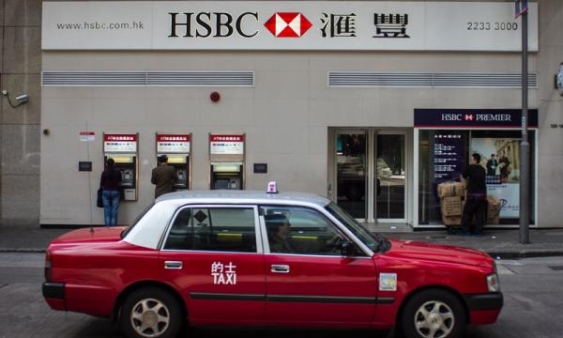
Hong Kong ends era of cheap money as banks hike prime rates
HSBC, Hang Seng Bank and Standard Chartered led the pack.
Banks in Hong Kong are following the tightening trend after the Hong Kong Monetary Authority (HKMA) raised its benchmark interest rate from 2.25% to 2.5% in a move that officially signals the end of the city’s ultra-low interest rate environment.
"With the rising hibor and term deposit rates, in-line with the hike in the U.S. interest rates, the funding cost of the banking system has increased," Norman Chan, HKMA Chief Executive, told media.
Hang Seng Bank has been one of the first to announce that it will raise its Hong Kong dollar prime lending rate from 5% to 5.125%. This means that account balances from $5,000 to $150,000 and above will be subject to an interest rate per annum of 0.125%.
HSBC and Standard Chartered have also boosted their lending rates by 12.5 basis points.
Also read: Bank lending in Hong Kong slows to 9.5% in July amidst threats of higher borrowing costs
The local economy has enjoyed low and stable borrowing costs for more than a decade, fuelling the red-hot property market where home prices have ballooned more than 170% in the past decade.
Although the Fed has been tightening since late 2015, banks in Hong Kong have been holding back from raising prime rates as they aim to grow their share in the mortgage market. However, depleting cash stockpiles brought about by purchases to defend the currency peg has weighed on the banks' liquidity situation and could pave the way for more prime rate hikes in the future.






















 Advertise
Advertise








